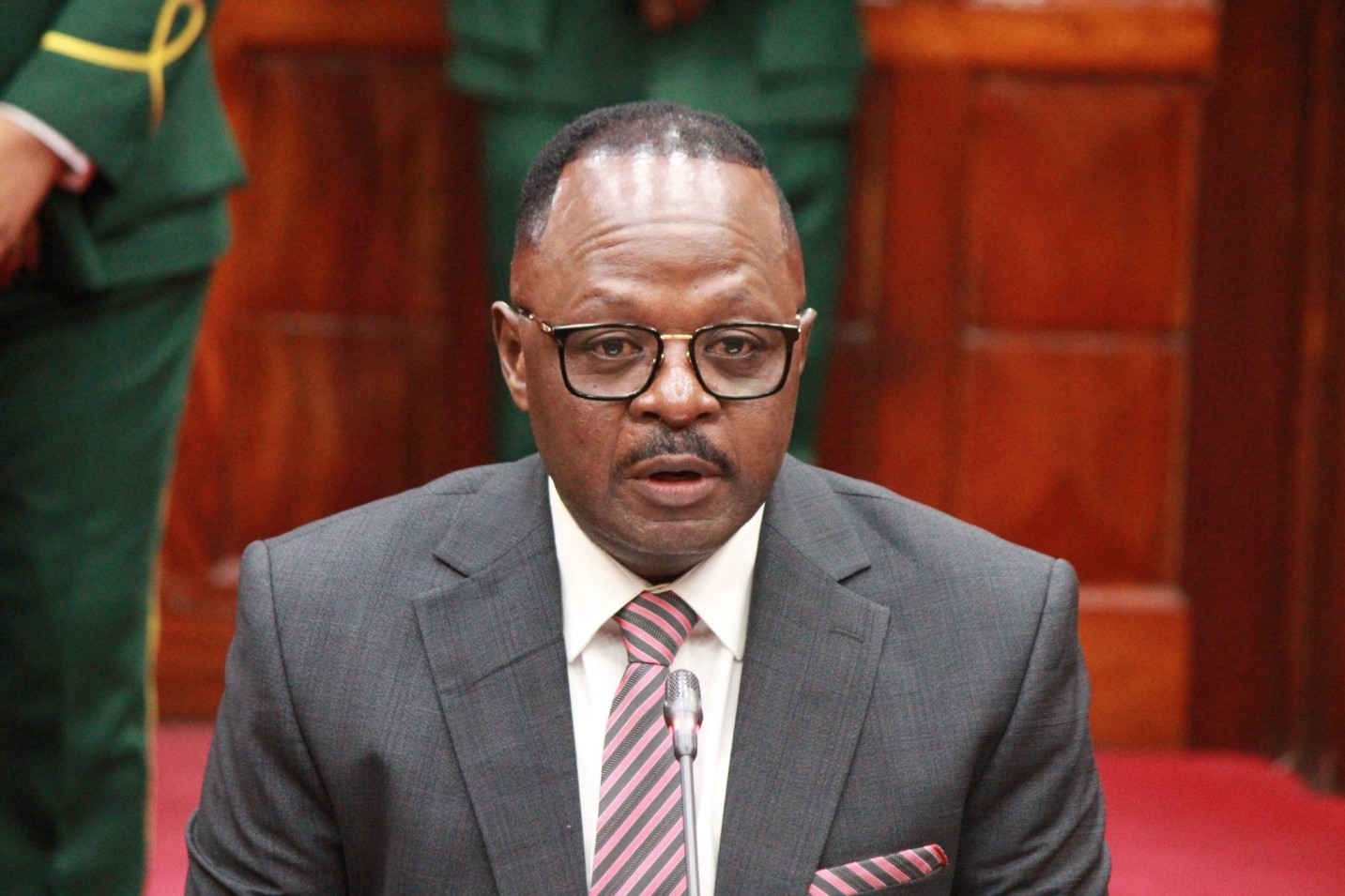IEBC admits poor funding is weakening voter education efforts

According to him, the assumption that “IEBC closes shop after elections” has made it difficult to secure consistent funding and keep the public engaged.
The Independent Electoral and Boundaries Commission (IEBC) has admitted that voter education in Kenya has been running on weak support for years, leaving the commission unable to fully reach citizens outside election seasons.
Commissioner Dr. Alutalala Mukhwana, who heads the committee on voter education, partnerships, and communication, says Kenyans often misunderstand the role of the IEBC once a general election is concluded.
According to him, the assumption that “IEBC closes shop after elections” has made it difficult to secure consistent funding and keep the public engaged.
Speaking in an interview with NTV on Monday, Dr. Mukhwana noted that the commission’s work should not be viewed as a five-year cycle tied to voting alone.
Instead, he said voter education should be a continuous activity that keeps people informed about their rights, responsibilities, and the commission’s broader role in managing Kenya’s democratic processes.
“There is a wrong impression that when an election ends, our work also ends. That’s not the case,” he said.
“In fact, after the polls is when we should be spending more time with voters, explaining our mandate, addressing gaps and preparing the ground for the next cycle. But that becomes very hard when the budget is immediately reduced.”
The commissioner added that the lack of regular civic engagement not only weakens public understanding but also erodes trust in the commission.
He emphasized that part of the IEBC’s new focus will be to actively connect with voters between elections and show that its work goes beyond ballot boxes and results announcements.
The new team, led by Chairperson Erastus Ethekon and now 47 days in office, has pledged to rebuild confidence in the commission after years of criticism.
Dr. Mukhwana stressed that regaining trust requires more than credible elections; it calls for sustained communication and visibility in communities across the country.
Meanwhile, the IEBC has announced dates for long-delayed by-elections. In a Gazette notice published on August 8, 2025, the commission confirmed that all pending contests will be held on November 27, 2025.
The notice listed 16 ward seats spread across different counties, some of which had been left vacant for over two years due to court battles and political wrangles.
With the announcement, the commission hopes to close that chapter while also demonstrating its ability to deliver timely and credible polls.
But as Dr. Mukhwana underlined, the bigger challenge lies in securing stable funding so that Kenyans can see the commission not just as an election referee, but as a year-round guardian of democratic participation.
